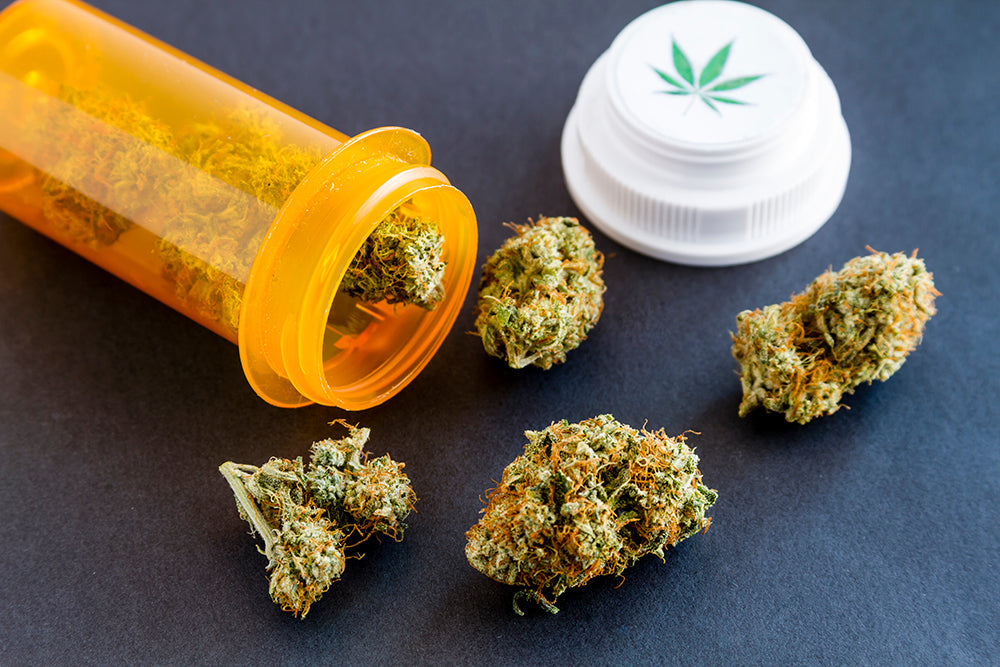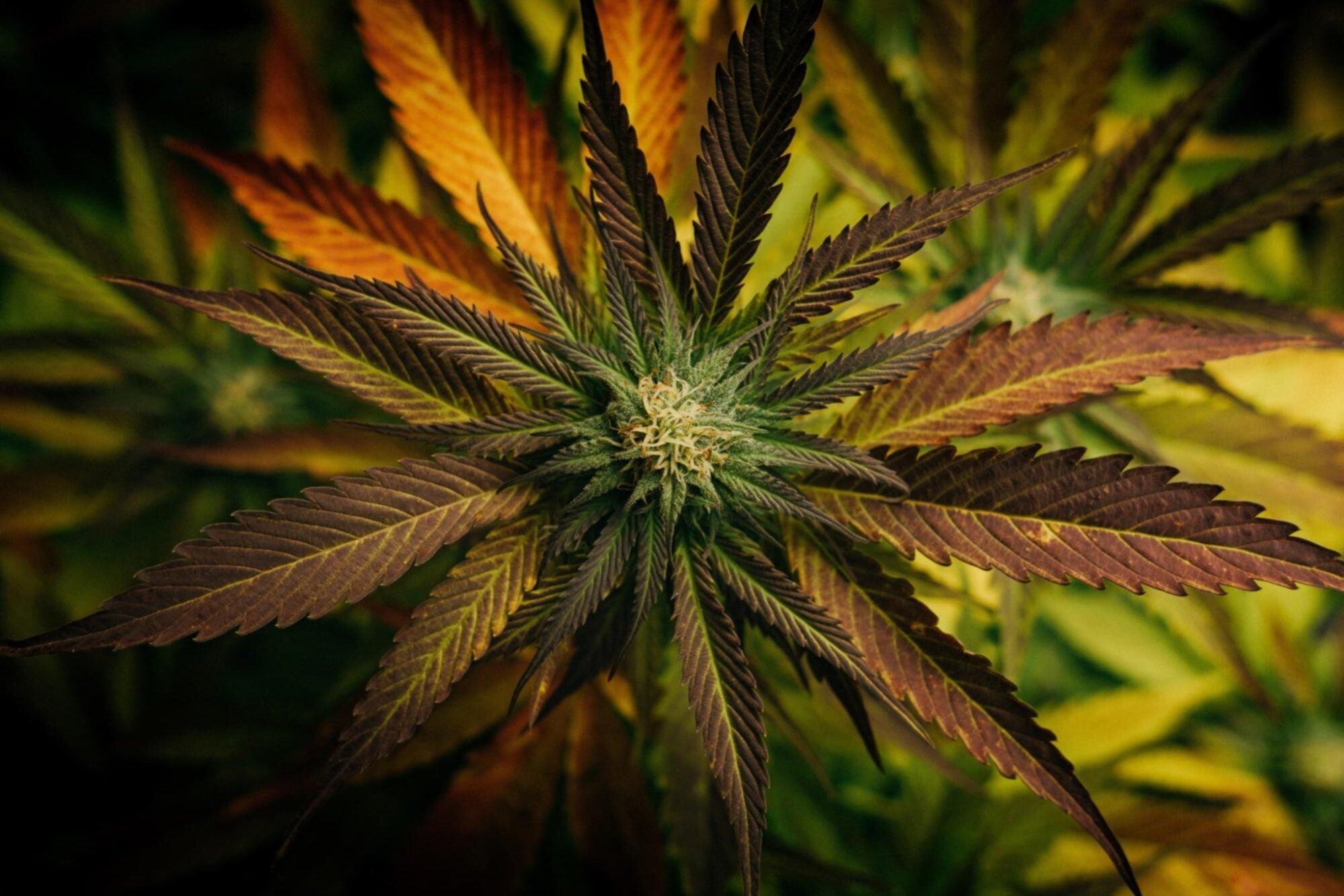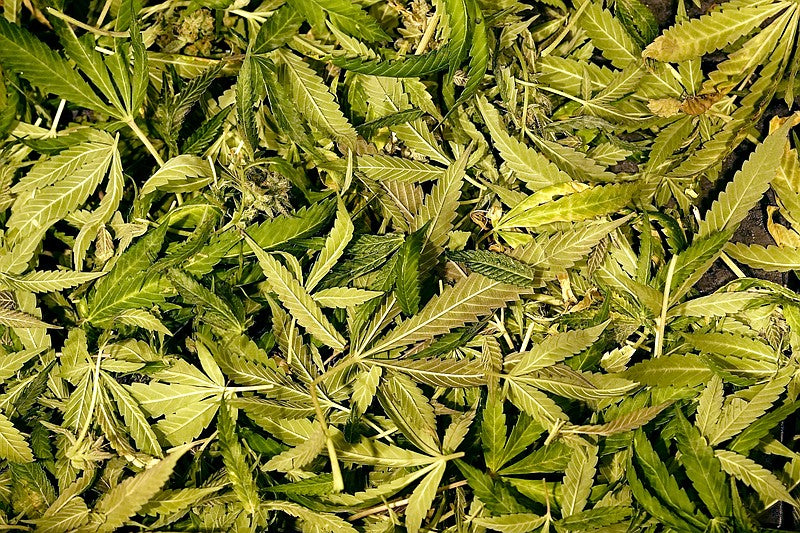
A Landmark Victory for Veterans’ Healthcare
In a historic move, the U.S. Senate has taken a bold step toward expanding healthcare options for military veterans by approving legislation that allows Department of Veterans Affairs (VA) doctors to recommend medical marijuana to military veterans in states where it is legal. This decision, passed on August 2, 2025, with an overwhelming 87-9 vote as part of the Military Construction, Veterans Affairs, and Related Agencies (MilConVA) appropriations package, marks a significant shift in federal policy. Simultaneously, the Senate set aside a controversial proposal to ban consumable hemp products containing any quantifiable THC, a decision that has sparked widespread discussion among veterans, policymakers, and industry stakeholders. This blog post explores the implications of these developments, delving into the facts, figures, and broader context of this transformative moment for veterans’ access to medical marijuana and the hemp industry.
Breaking Down Barriers to Veterans’ Care
For years, veterans have faced significant hurdles in accessing medical marijuana to military veterans, despite its legalization in 39 states, covering roughly 75% of the U.S. veteran population—approximately 12.7 million individuals. The VA, constrained by federal law classifying marijuana as a Schedule I substance, has historically prohibited its doctors from issuing cannabis recommendations, even in states where it’s legally available. This restriction, outlined in Veterans Health Administration (VHA) Directive 1315, has forced veterans to seek alternative care outside the VA system, often at their own expense and without the guidance of their primary care providers. The Senate’s recent vote changes this landscape by explicitly barring the use of VA funds to enforce Directive 1315, allowing doctors to discuss and recommend medical marijuana to military veterans in legal states.
This policy shift, spearheaded by Senator Jeff Merkley (D-OR), addresses a long-standing inequity. “The only healthcare system in America where a doctor cannot discuss medical marijuana with patients in states where it’s legal is the veterans’ system,” Merkley stated during the Senate Appropriations Committee discussions. “We’re discriminating against our veterans. This is really unacceptable.” The amendment, which mirrors the Veterans Equal Access Act, a bipartisan bill repeatedly introduced but never enacted, ensures that VA doctors can now provide informed guidance on cannabis as a treatment option for conditions like chronic pain, PTSD, and traumatic brain injury—issues that afflict an estimated 60% of veterans returning from Middle East conflicts and over 50% of older veterans.
The Evidence Behind Cannabis for Veterans
The push to allow medical marijuana to military veterans is grounded in compelling data. Studies show that states with medical cannabis laws have a 24.8% lower mean annual opioid overdose mortality rate compared to states without such programs. Given that veterans are twice as likely to die from opioid overdoses than non-veterans, with 65% suffering from chronic pain, cannabis offers a promising alternative to highly addictive opioid medications. A 2017 American Legion survey revealed that 22% of veterans were already using marijuana for medical purposes, and 92% supported further research into its benefits. By enabling VA doctors to recommend cannabis, the Senate’s decision aligns federal policy with these realities, potentially reducing the 41% drop in opioid prescription rates seen at VA facilities since 2012 while offering veterans safer, evidence-based treatment options.
The Rise of Medical Marijuana Online
The Senate’s vote also dovetails with the growing accessibility of medical marijuana online, a trend transforming how veterans and patients access care. Online platforms have streamlined the process of obtaining medical marijuana recommendations, allowing veterans to consult with licensed physicians via telehealth services. These platforms, compliant with state regulations, offer a convenient alternative for veterans who may face mobility challenges or live far from VA facilities. In 2025, an estimated 30% of medical cannabis consultations in legal states are conducted online, a figure projected to grow as telehealth becomes more integrated into healthcare systems. For veterans, this means faster access to recommendations without the bureaucratic red tape that has long plagued the VA system.
Moreover, medical marijuana online services are expanding access to information about strains, dosages, and delivery methods tailored to veterans’ needs. For instance, high-CBD strains are often recommended for PTSD and anxiety, while THC-dominant products may help with chronic pain. By allowing VA doctors to engage in these discussions, veterans can now receive personalized guidance within the safety of their trusted healthcare system, rather than relying solely on external online providers. This integration could also pave the way for VA partnerships with online platforms to ensure quality control and compliance with state laws.
Medical Marijuana Wholesale and Industry Impacts
The Senate’s decision to set aside a proposed ban on consumable hemp products with any quantifiable THC is equally significant. Initially included in the Agriculture, Rural Development, Food and Drug Administration (AgFDA) appropriations bill, the ban, championed by Senator Mitch McConnell (R-KY), would have devastated the $8 billion hemp industry, which employs 53,000 people in states like Texas alone. The provision, which aimed to criminalize hemp products with even trace amounts of THC, was struck down after intense negotiations, largely due to opposition from Senator Rand Paul (R-KY). Paul, who introduced the Hemp Economic Mobilization Plan (HEMP) Act in June 2025, argued that such a ban would harm veterans, seniors, and medical patients who rely on hemp-derived CBD products for relief.
The preservation of the hemp industry has direct implications for medical marijuana wholesale markets. Wholesale distributors supply dispensaries with a range of cannabis products, including those used by veterans for medical purposes. The hemp industry’s survival ensures that veterans can continue accessing affordable CBD and low-THC products, which are often sold at lower costs through wholesale channels. In 2024, the U.S. hemp-derived CBD market was valued at $1.2 billion, with wholesale transactions accounting for 40% of sales. By protecting this market, the Senate has safeguarded a critical supply chain for veterans seeking non-opioid alternatives, ensuring that medical marijuana wholesale remains a viable option for dispensaries serving this population.
Challenges and Next Steps
While the Senate’s vote is a monumental step, challenges remain. The House passed a similar amendment in June 2025, led by Representatives Brian Mast (R-FL) and Dave Joyce (R-OH), co-chairs of the Congressional Cannabis Caucus, with a 218-206 vote. However, differences in the language of the House and Senate provisions mean that reconciliation in a bicameral conference committee is necessary. Historically, such provisions have been stripped from final bills, as seen in 2016, raising concerns among advocates. Congresswoman Dina Titus, another Cannabis Caucus co-chair, emphasized the need to maintain pressure: “I am hopeful that the Cannabis Caucus can convince the full House and Senate that medical marijuana is a far better treatment option.”
Additionally, the VA will need to update its internal policies to reflect this change, a process that could face bureaucratic resistance. Veterans’ groups, such as the American Legion, have welcomed the move, calling it “a long-overdue framework” for non-opioid therapies. However, they stress the importance of training VA doctors to navigate state-specific regulations and ensuring that veterans are not penalized for cannabis use, especially given federal laws prohibiting marijuana possession on VA grounds.

A New Era for Veterans’ Healthcare
The Senate’s decision to allow VA doctors to recommend medical marijuana to military veterans, coupled with the rejection of the hemp THC ban, represents a turning point in veterans’ healthcare. By aligning federal policy with state-level reforms, this legislation empowers veterans to explore cannabis as a viable treatment option under professional guidance. The integration of medical marijuana online services and the preservation of medical marijuana wholesale markets further enhance accessibility and affordability. As the House and Senate work to reconcile their bills, the hope is that this bipartisan effort will finally deliver on a promise to provide veterans with the care they deserve. With 83% of veterans supporting medical cannabis programs, according to a 2023 poll, this policy shift reflects not just legislative progress but the will of those who have served. The road ahead may be complex, but for millions of veterans, a new era of healing is within reach.
Discover premium cannabis solutions with D Squared WorldWide, your trusted partner in medical marijuana wholesale. Our high-quality, lab-tested products, including CBD and low-THC options, cater to veterans and patients seeking safe, effective relief. With the Senate’s recent vote to allow VA doctors to recommend medical marijuana to military veterans, demand for reliable wholesale supply is soaring. D Squared WorldWide ensures consistent, compliant products to meet this growing need. Join the movement to support veterans’ healthcare with affordable, top-tier cannabis. Schedule a call today to explore our wholesale offerings and elevate your dispensary’s inventory!
Reference:
1. American Legion. (2017). American Legion survey of veteran attitudes on medical cannabis. https://www.legion.org/sites/default/files/2017%20American%20Legion%20Survey%20of%20Veteran%20Attitudes%20on%20Medical%20Cannabis.pdf
2. Congressional Research Service. (2024). Veterans’ health care: Issues and legislative proposals. https://crsreports.congress.gov/product/pdf/R/R47343
Merkley, J. (2025). Senate Appropriations Committee remarks on VA medical cannabis amendment. Congressional Record, 171(128). https://www.congress.gov/congressional-record



